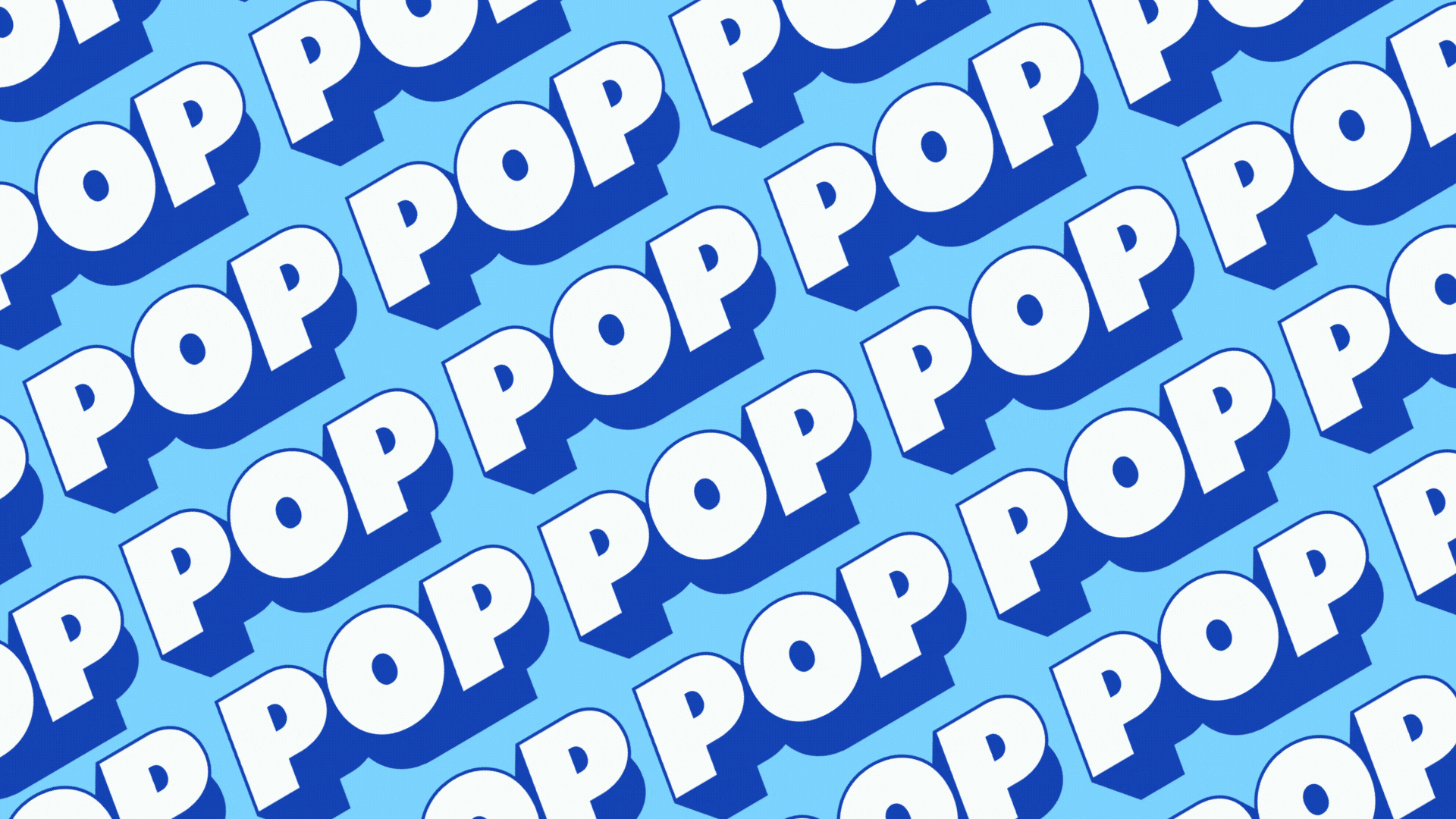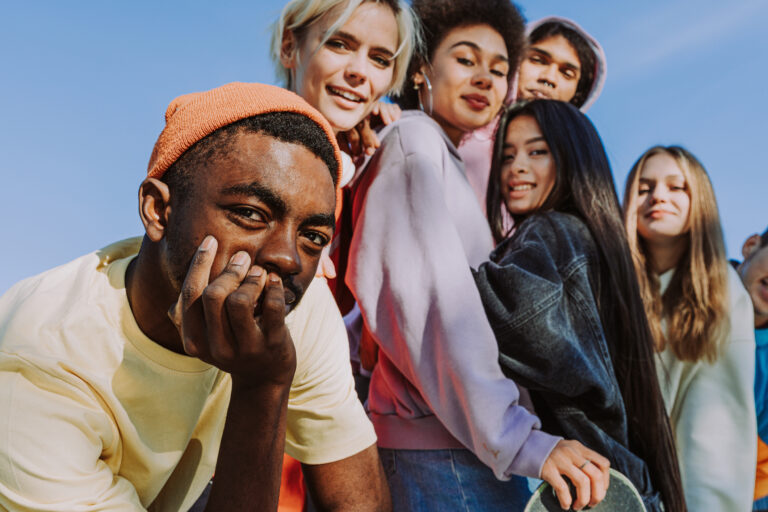I just spent two fantastic and inspiring days in Park City, Utah, at the Elevate Brand Storytelling conference. It’s a deliberately small event with maybe 175 attendees, and it was an amazing mix of top brands, publishers, and agencies that are leading the way in brand storytelling. We not only got to hear case studies from companies like Beyond Meat, Goldieblox, Lyft and Skull Candy, but there was also a lot of new research presented, and there were a lot of opportunities to talk with other people in the space about what’s working, where the challenges lie, and what’s in store for the future.
As someone who is deeply immersed in the podcasting world of creating original shows with brands, it was immensely valuable to talk and learn from brand storytellers that focus on other platforms like video and social. I left so inspired that I want to share my takeaways…
Podcasts are on the radar
Elevate is not a podcasting conference, but there was a lot of talk about podcasting. Much more than I was expecting. Podcasts are on the radar of a lot of brands, publishers, and agencies. When I told people that Pacific Content focuses exclusively on original podcasts with brands, I got reactions like, “Wow, did you ever pick the right business to be in right now” and “You are going to be very busy for the next few years!” So… phew! 😅
The other insight of note for podcasters is that there is serious hunger for more information about best practices in podcasts with brands, from strategy to production… and especially audience development and measurement. As an industry, education and evolving metrics need to continue to be major priorities.
Everyone is watching the OTT space
OTT — Over-The-Top — services were top of mind for almost everyone I talked with and Jeff Minsky emphasized OTT in his presentation on what’s ahead in the industry. Disruptive services like Netflix and Amazon Prime Video could be disrupted themselves when Disney + launches this fall, when Apple TV+ begins releasing their original content, and when a growing number of other companies launch their own competing OTT services. There will be growing demand for more content to feed all these services and there was general agreement that brands could play a strong role in creating content for these ecosystems.
This is not unlike the potential platform wars emerging in podcasting between Spotify, Apple, Stitcher, Castbox, Luminary, and so many others.
5G will change a LOT
5G is coming. And it’s coming sooner than we might think. Speeds of 1GB per second will change the way we get and consume content on our phones, and likely in our homes and offices as well. Our relationships with data usage and the ease with which we can stream or download content is about to change dramatically. And if people want more content and feel liberated to watch and listen to as much as they can, there will be increased demand for content of all types, shapes, and sizes.
Brands will need to take more risks
One of the other common sentiments I heard was that brands, especially conservative brands, are going to have to take more risks than they are currently. They will need to create more quickly, react and adapt more quickly, and take more risks with formats that give control to audiences (like choose-your-own adventure storytelling, for example) in order to be relevant.
For brands producing podcasts, this is also true. With over 700,000 podcasts out there, how are you going to differentiate yourself?
The bar is getting raised all the time
If you look at all these trends ☝️one thing becomes clear to me: generic, corporate and conservative content won’t cut it. If there is increased demand for content from media companies, if 5G drives major content consumption increases, and if more companies are investing in brand storytelling, your brand will have to make great content to earn the time and attention of audiences. Audiences will simply not suffer through mediocrity on any platform — only truly valuable content will win. The brands that get out of their comfort zones, that are bold and brave, that are willing to take risks, and that are willing to give up control to the audience are going to have better odds of building loyal and engaged audiences.
In our lingo, Creative Bravery is going to become more and more important.
Marketing your shows is essential
So yes, you have to tell great stories. However, if a great story isn’t promoted, it’s like the tree falling in the forest — no one will hear it. Everyone in the content space is going to have to spend as much time and creativity on marketing as they do on creating their shows. One common challenge I heard at Elevate was getting brands to fully market their shows — there were several stories of fantastic shows that deserved bigger audiences and lacked a proper marketing plan.
Again, in our lingo, in a more crowded marketplace, Commitment is going to become more and more important.
Brands as media companies
Our whole business is based on the belief that many brands will become top media companies in the future and that they will produce amazing shows that are as good or better than those from traditional media companies. What I heard at Elevate was that many brands are inching closer and closer to truly owning this vision. After all, what is the difference between a brand and a media company today? Is Netflix a brand or a media company? Are Apple, Spotify, Facebook, and Amazon brands or media companies? And are the New York Times, Washington Post, NBC, CBS, ABC, and HBO media companies… or also brands? The lines are blurry and getting blurrier.
Taking creative in-house
Another trend in this direction: more and more companies are taking their creative and production in-house for brand consistency and to move faster and more efficiently. Skull Candy’s CMO, Jessica Klodnicki, shared how they created an entire in-house team to produce a year-long, multi-platform campaign around how music makes you feel and it’s been incredibly successful.
The future
As brands begin acting more and more like media companies, and as this space gets more competitive, the bar for brand storytelling will continually get raised higher and higher.
There was talk that the future is elevating (pun intended) beyond “branded content” and into making original shows. I visualize this in my head as a progression towards becoming a fully-fledged media company:

It’s an exciting time to be in this space and it’s clear that there are a lot of smart and creative thinkers who are pushing the brand storytelling industry forward in a variety of mediums.
Sign up for the Pacific Content Newsletter: audio strategy, analysis, and insight in your inbox. Once a week.



